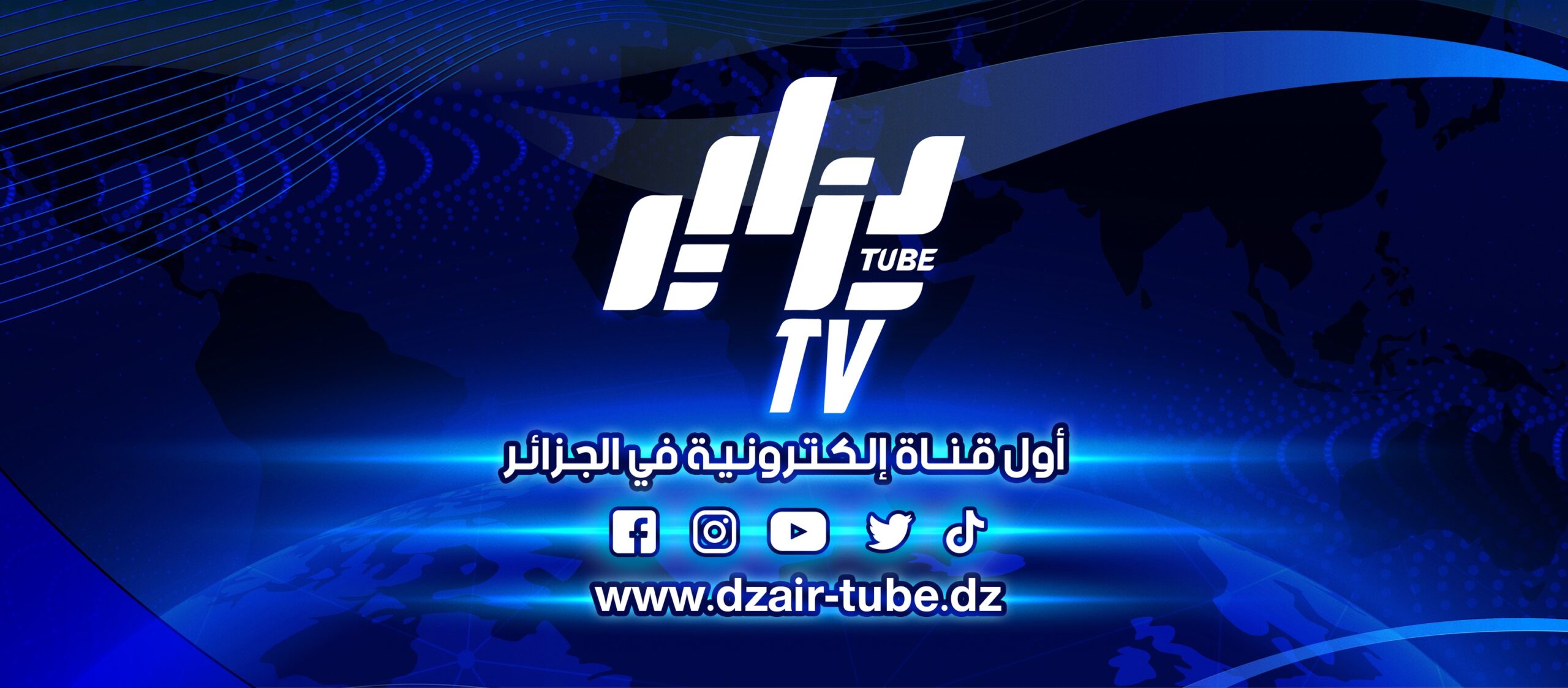BY: Dr. Hana Saada
In a world increasingly shaped by interest-based alliances, Algeria’s steadfast commitment to sovereignty, non-alignment, and multilateralism earns global respect—but also presents diplomatic complexities.
Algiers, Algeria | April 23rd, 2025 — Algeria’s principled and sovereignty-driven foreign policy has earned high praise in a new report issued by the International Institute for Strategic Studies (IISS), one of the world’s leading think tanks in international security and strategic affairs. Published in March 2025 as part of the institute’s Strategic Comments series, the report lauds Algeria’s unwavering commitment to core diplomatic values such as respect for national sovereignty, rejection of transactional diplomacy, and a firm policy of non-alignment.
According to the IISS analysis, this approach has positioned Algeria as a credible and respected actor on the global stage—particularly in multilateral settings—while simultaneously highlighting the challenges it faces in maintaining bilateral partnerships with certain states.
The report stresses that Algeria’s diplomatic conduct, rooted in its revolutionary heritage and reinforced by constitutional principles, provides a moral compass in a world often characterized by shifting alliances and political expediency. “Algeria’s foreign policy remains one of the most consistent and values-based among Global South powers,” the report reads, describing it as “a model of principle” in contrast to the pragmatism often driving international relations.
The report applauds Algeria’s growing role in international institutions. Notable achievements include the election of a seasoned Algerian diplomat in February 2025 as Vice-Chair of the African Union Commission, as well as Algeria’s active participation in the United Nations Security Council, where it has consistently advocated for peaceful conflict resolution, decolonization, and the defense of Palestinian rights.
Yet, while Algeria’s credibility and influence in multilateral diplomacy continue to expand, the report also draws attention to the strain in certain bilateral relationships. It points to the protracted diplomatic rupture with Morocco, cooled relations with Spain, and Algeria’s diminishing strategic depth in Mali. Additionally, it underlines the ongoing deterioration of ties with France, which have plummeted to historic lows in recent years amid unresolved colonial-era tensions and disagreements over regional security.
These diplomatic hurdles, the report suggests, are not coincidental but stem from Algeria’s reluctance to compromise its foundational principles. Unlike many nations that engage in fluid, interest-driven partnerships, Algeria remains cautious of alliances that could undermine its autonomy or the sovereignty of its partners. Its preference for non-alignment and its rejection of exclusive military or economic blocs continue to win respect, particularly among nations in the Global South, yet can limit its maneuverability in the face of geopolitical pressures.
The IISS notes that Algeria’s dedication to principle over expediency is a double-edged sword: it garners admiration and elevates its stature in international forums but can also complicate pragmatic cooperation with states that favor more transactional diplomacy.
“Algeria’s stance may sometimes limit the depth of bilateral cooperation, but it underscores a rare consistency and moral clarity that is increasingly absent in global diplomacy,” the report concludes.
Founded in 1958 and headquartered in London, the International Institute for Strategic Studies is globally recognized for its rigorous analyses of geopolitical and security issues. Through its publications and flagship events such as the Manama Dialogue and the Shangri-La Dialogue, the IISS continues to shape elite discourse on diplomacy, conflict resolution, and global governance.

